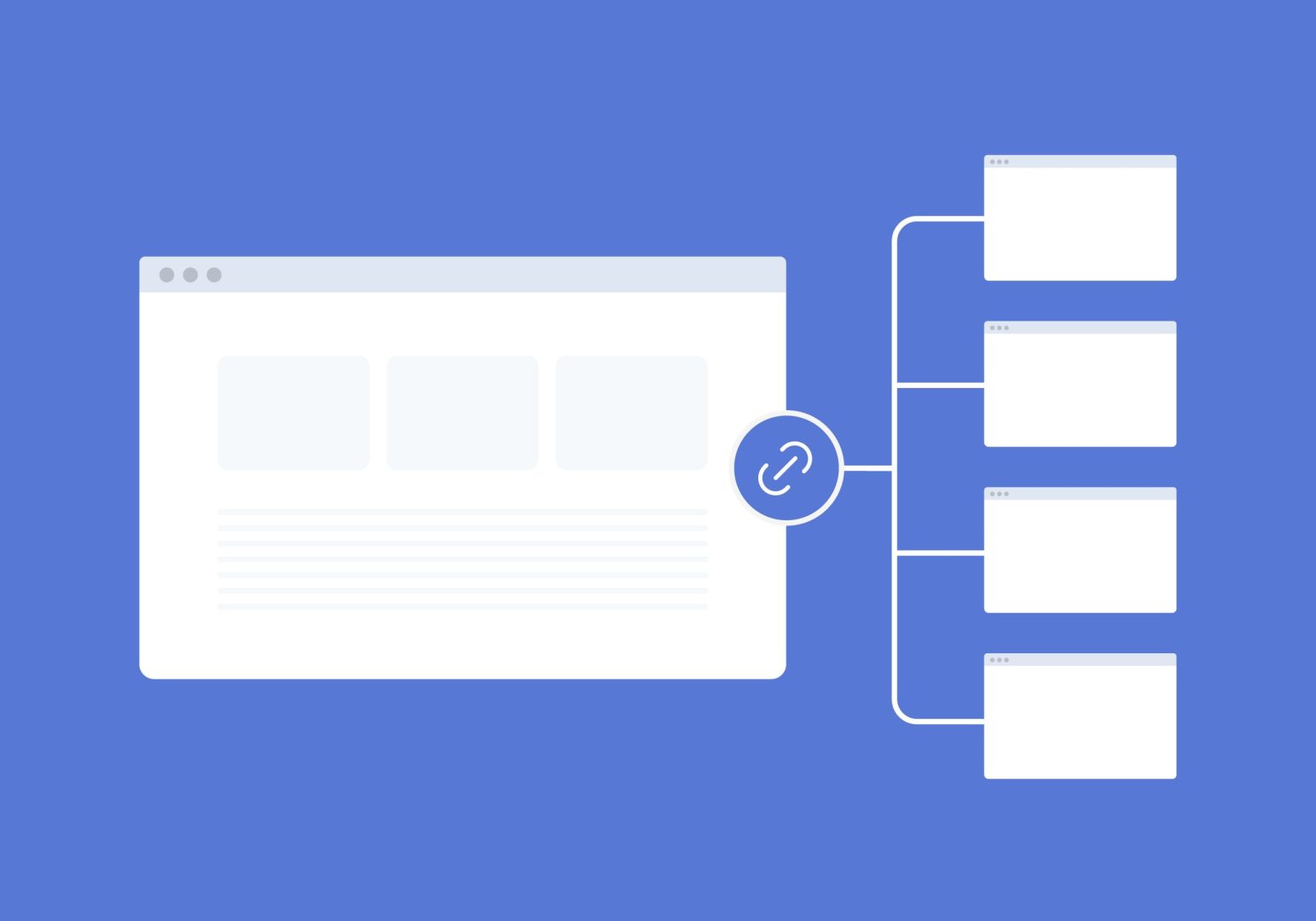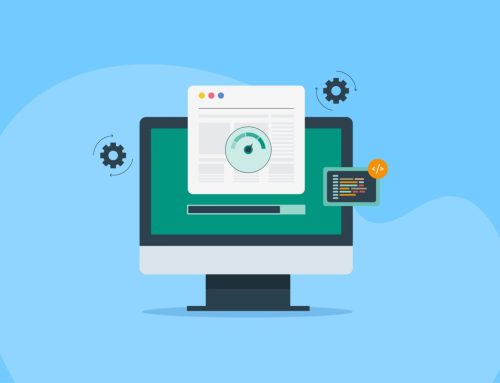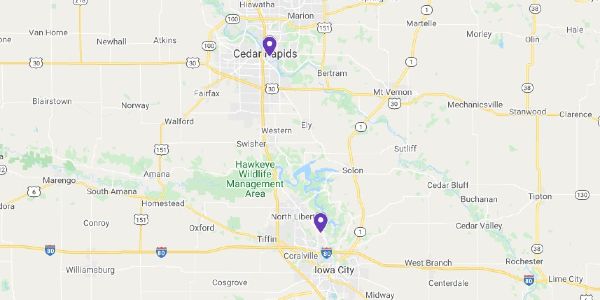A Strategy Guide to Internal Linking for SEO
What are Internal Links?
Internal links are links that lead to different web pages on the same website. These hyperlinks connect different pieces of content on a website to lead users to related pages.
These differ from external links, which are hyperlinks to web pages on other websites. Both types of links are important for SEO. Check out this article for external linking best practices(this link is also an example of external linking)!
In this article, we will go more into depth about how internal linking benefits SEO and how you can build an effective internal linking strategy for your website.
Why Internal Links Benefit SEO
Google uses internal and external links to crawl websites. By crawling a site, Google will learn what content is on a webpage, and what other content on the website is similar. That way, Google is better able to recommend certain webpages to users.
Including relevant and useful links in your web content will help Google identify your value to users. They help build page rank, which Google uses to find the most important pages on your In short, internal links benefit SEO by helping Google better understand your webpage.
Internal linking also benefits User eXperience (UX) because the more relevant and valuable your content is to users, the more likely they are to stay on your website. If users stay on a site longer, they are more likely to engage, and ultimately, convert. A shorter bounce rate benefits SEO as well!
How to Build an Internal Linking Strategy
To build an internal linking strategy, you must first choose which pages on your website are most valuable and useful to you and your users. The subjects of these pages should be broad, so you can link to more specific and related pages.
These anchor pages should target broad keywords that have a higher search volume, as opposed to more specific keywords.
After you have identified these broader topic pages, you can start creating content that’s related to one specific anchor page, and link to that page on all your new content pages. That way, Google will recognize the authority of the anchor page, increasing its SEO ranking.
When writing content around specific keywords, it’s important to remember not to overuse that keyword on one page, or else Google will deem that as spam, which harms SEO.
Internal links are more effective when they are useful, relevant, and helpful to the user. Prioritize these attributes above all else.
If your business is looking for help drafting a content strategy, give Vortex Digital a call at 319.621.0191 for a free, no-obligation, consultation!







